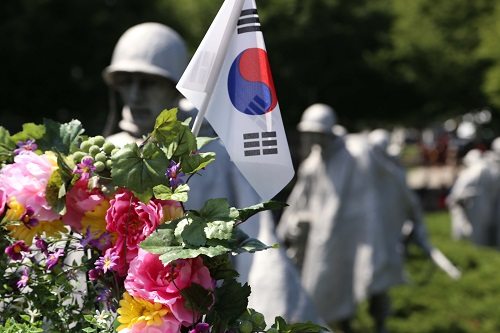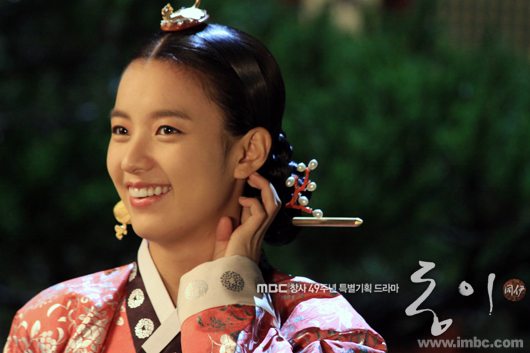There is no equivalent for the word han in the English language. Attempted translations include “resentment” or “grief”, but they don’t quite encompass the entirety of the word’s meaning.
Yet, it is a central concept to Korean culture and history.
In his book, Korean Dream: A Vision for a Unified Korea, Dr. Hyun Jin Moon describes han as a spiritual process. He writes:
“Han is a process of spiritual growth whereby a person seeks to digest an injustice or injury internally rather than react in an angry vengeful manner. Through wrestling with difficult emotions the person can attain a deeper understanding of the human condition and a new level of spiritual maturity. Han should not end with the wrestling but should give birth to the inner realization to forgive, love, and embrace those who have done us wrong.”

In his book, Korean Dream: A Vision for a Unified Korea, Dr. Hyun Jin Moon describes the Korean term han as a process of spiritual growth.
Dr. Moon’s explanation of han as a process of taking injustice and transforming it into truth, justice and innovation, brings to life a thread that runs deep through Korean history.
The blockbuster drama associated with the rise of the Korean Wave, “Dae Jang Geun,” is a colorful illustration of the theme of han in Korean consciousness. The popular TV drama follows the life of Jang Geum, orphaned daughter of a palace guard and a royal cook, wrongly ousted from the king’s court. From the start, her story is pitiful. She finds herself in the palace kitchen, only to be framed and exiled into slavery. A woman who becomes her close friend and mentor in the royal kitchen is also kicked out, and eventually dies from injuries acquired during interrogation.
Jang Geum returns to the court initially to seek vengeance for her mentor’s death. However, the viewer witnesses her transformation in the midst of palace intrigue and power play, tortured and almost assassinated, to rise above all these tragedies.
This orphaned girl becomes a catalyst for ethics, service and sacrifice in a court that is filled with corruption, selfishness and betrayal. Eventually she is granted the highest position ever granted to a woman in the Jeosun period court.
Dae Jang Geum is a dramatized version of one individual, but it epitomizes the story of the Korean people. They have found a unique manner to process these externally imposed circumstances, to exert their personal sovereignty without diminishing their God-given dignity.

“Dae Jang Geum,” Jewel in the Palace, is a popular Korean drama that colorfully illustrates the theme of han in Korean consciousness. Credit: Young Future
In fact, the spiritual roots of Koreans have grown deeper through their suffering. During their greatest challenges, they sought clarity from their spiritual heritage and found strength in their conviction that by rising above the suffering they are paving the way, not only for their own people, but for the world.
One can stipulate that han is not unique to Korea. Every people has their story of injustice, of loss, and oppression. And every people has their peace visionaries like Dr. King and Ghandi, who have articulated a process of non-violent social change. Instead of revenge, it’s the choice to turn the other cheek, return evil with good, hate for love. This practice of stirring the conscience of the perpetrator opens the way of true liberation, love and progress.
Han has traditionally been passed down from generation to generation within the Korean family. But the recent breakdown of the extended family and the migration away from traditional values has faded the presence of han as a noble process of one’s spiritual growth.
It is up to every generation to look to their predecessors to inherit and build upon these honorable qualities.
